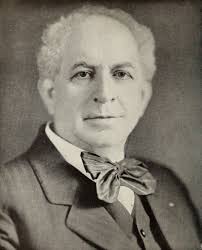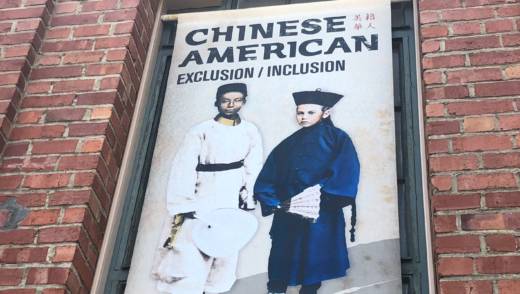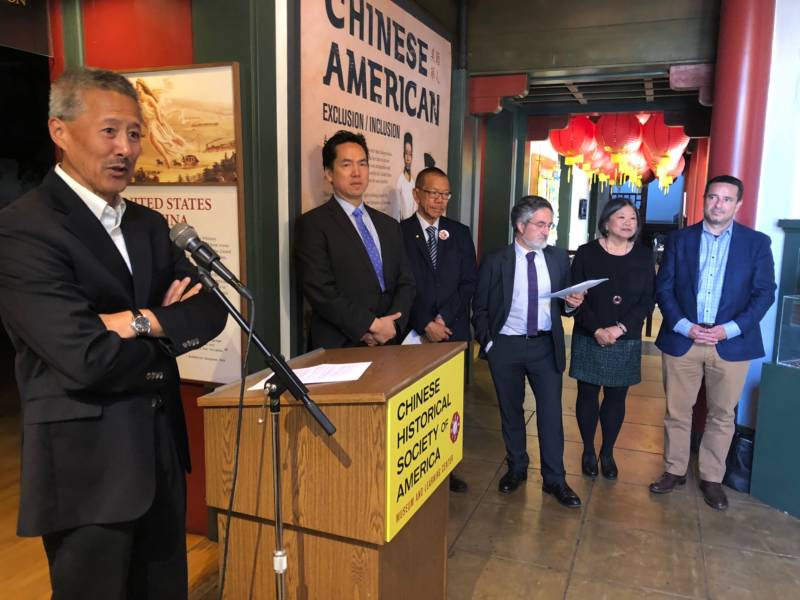A group of San Francisco supervisors held a press conference Monday at the Chinese Historical Society of America in Chinatown to discuss a resolution urging the city’s Recreation and Park Commission to rename the Julius Kahn Playground.
Located in Presidio Heights at West Pacific Avenue and Spruce Street on the edge of the Presidio since the 1920s, the popular playground is named for a Republican congressman who was instrumental in extending the Chinese Exclusion Act more than a century ago.

“The ironic thing is he was an immigrant himself — he came from Germany,” said Hoyt Zia, president of the Chinese Historical Society Board of Directors. “Yet Kahn stated that Chinese people were morally the most base people on the face of the earth.”
Originally signed into law in 1882, the Chinese Exclusion Act severely restricted Chinese immigrant rights. Under its terms, Chinese laborers were barred from entering the U.S., those already in the country had to obtain certificates to re-enter if they left, and they couldn’t obtain U.S. citizenship.
When the act was supposed to expire in 1902, Kahn authored the “Kahn Exclusion Act,” which he hoped would make it permanent.


